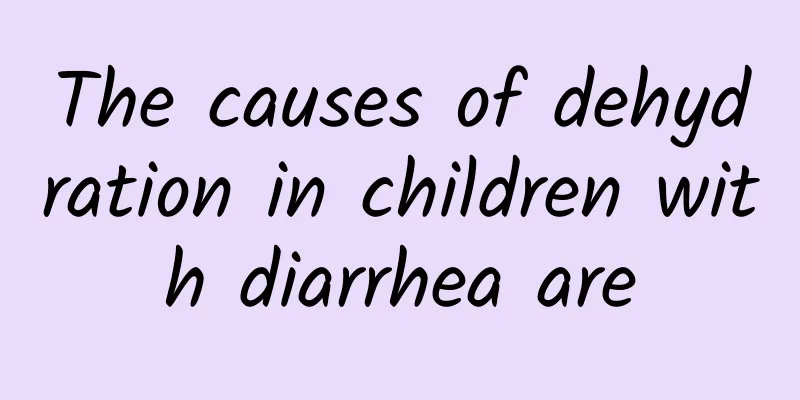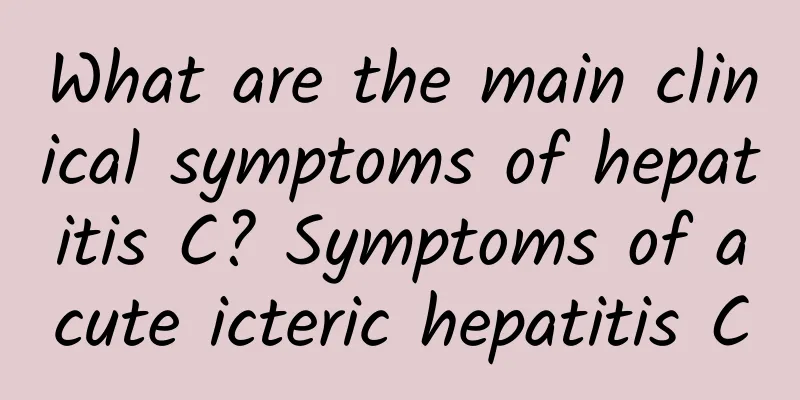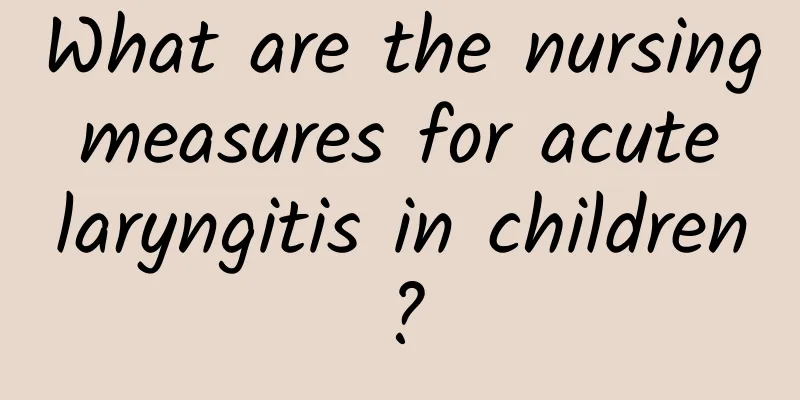The causes of dehydration in children with diarrhea are

|
The main causes of dehydration in children with diarrhea include excessive water loss due to diarrhea, insufficient intake, and metabolic disorders. Parents need to detect and take measures in a timely manner, such as rehydration, diet adjustment, and monitoring of the condition, and seek medical attention when necessary. 1) Excessive fluid loss due to diarrhea When children have diarrhea, intestinal dysfunction causes a large amount of water and electrolytes to be excreted with feces. This excessive loss of body fluids is the main cause of dehydration. Infants and young children have a higher proportion of body water and a high metabolism, so even a slight loss of water can lead to obvious symptoms of dehydration. Parents can judge the degree of diarrhea by observing the characteristics of their children's stool and the number of bowel movements, and replenish their children with water in time, such as oral rehydration salts (ORS), which can effectively replenish water and electrolytes to avoid worsening dehydration. 2) Insufficient intake causes unbalanced water supply When children have diarrhea, they often have decreased appetite, vomiting, or decreased thirst, which leads to insufficient water and electrolyte intake, increasing the risk of dehydration. At this time, parents should try to ensure their children's fluid intake, and can feed them small sips of water or warm rice soup, diluted fruit juice, etc. to alleviate the loss of body fluids. For breastfeeding infants, breastfeeding should continue or even increase the frequency of breastfeeding, because breast milk not only provides fluids, but also helps to resist infection. 3) Metabolic disorders affect water and salt balance Diarrhea may lead to metabolic disorders such as acid-base, sodium-potassium, etc. in the body, especially in the case of infection with pathogenic microorganisms (such as rotavirus). Electrolyte imbalance can easily lead to dehydration, which may cause sunken eye sockets, decreased urine output, and mental fatigue. Parents need to pay attention to these signs. If they find that their children show severe dehydration symptoms (such as drowsiness and cold limbs), they should be sent to the doctor for treatment immediately. In the hospital, doctors may use intravenous infusion to replenish fluids and electrolytes. The key to preventing dehydration and diarrhea is to pay attention to food hygiene, develop the habit of washing hands frequently, and closely observe the child's condition after diarrhea occurs, effectively replenish fluids and maintain adequate nutritional intake. If accompanied by persistent high fever or severe dehydration, medical treatment must be sought immediately. |
<<: How to treat neonatal jaundice
>>: Is pneumonia in children the same as pneumonia in adults? Is it contagious?
Recommend
What is the cause of the child's dry cough? What should the child eat for dry cough?
Children's dry cough may be caused by the env...
Can babies take azithromycin? What diseases can azithromycin treat?
Azithromycin is mainly used to treat coughs and d...
What causes children to cough frequently? Children who cough frequently are likely to have these four reasons.
In daily life, children often cough. There are ma...
Precautions for children with pneumonia
The health of many children is threatened because...
Children with diarrhea, vomiting and diarrhea
If children have diarrhea accompanied by vomiting...
Pictures of polio
The occurrence of polio makes all parents very wo...
Can antibiotics be used directly for children with diarrhea? How to solve children with diarrhea
In hot weather, children have little self-control...
What tests should children with ADHD undergo?
Diseases like ADHD in children are indeed quite c...
What is the reason for the female back waist to be concave
A woman's concave back is usually a reflectio...
Which Chinese herbal medicines can treat eczema in children?
Traditional Chinese medicine can treat pediatric ...
How to tell if a child has ADHD
Attention Deficit Hyperactivity Disorder (ADHD) i...
What should I do if my fever exceeds 38 degrees due to hand, foot and mouth disease? How to prevent hand, foot and mouth disease
Hand, foot and mouth disease is a disease with a ...
Can pneumonia in children be cured?
Whether pneumonia in children can be cured can be...
What are the causes of influenza in children? Six points to note in the diet of children with influenza
Childhood influenza is a common acute respiratory...
What are the correction methods for baby indigestion? How to avoid baby indigestion
Indigestion in children is a very common phenomen...









